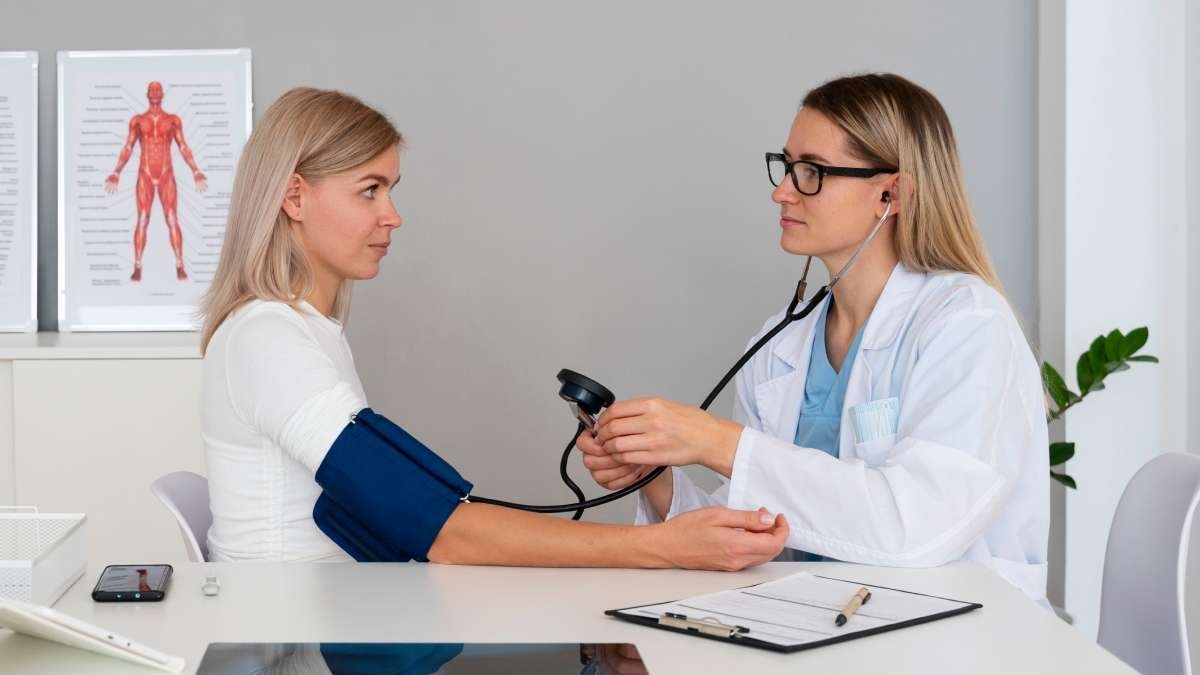
Health: Staying on top of your health is crucial for preventing and detecting health issues early on. As a woman, it's essential to prioritize your well-being by incorporating regular health tests into your annual routine. From monitoring your blood pressure to examining your breasts, here are five important health tests that can help identify potential health concerns, ensure early intervention, and save lives.
1. Blood Pressure and Cholesterol Screening
Heart disease is the leading cause of death among women, making regular monitoring of blood pressure and cholesterol levels critical. Blood pressure should be checked at least once a year, as high blood pressure can lead to serious heart problems if left untreated. A cholesterol test should also be part of your annual check-up, starting at age 20, to assess your risk for heart disease.
2. Pap Smear and HPV Test
The Pap smear is a vital test that screens for cervical cancer by detecting abnormal cells in the cervix. It is often combined with the HPV (Human Papillomavirus) test, as HPV is a major cause of cervical cancer. Women aged 21 and older should have a Pap smear every three years. After age 30, a Pap smear combined with an HPV test is recommended every five years, but it can still be done annually if you and your doctor decide it’s best for your health.
3. Breast Exam and Mammogram
Breast cancer is one of the most common cancers among women, making regular breast exams and mammograms essential. A clinical breast exam should be part of your annual check-up starting in your 20s. After age 40, a mammogram is recommended every year to screen for breast cancer. Women at higher risk due to family history may need to start earlier or have additional imaging.
4. Bone Density Test
Osteoporosis, a condition where bones become weak and brittle, is more common in women, especially after menopause. A bone density test, also known as a DEXA scan, measures bone strength and is recommended for women starting at age 65. However, those with risk factors such as a family history of osteoporosis, early menopause, or certain medications should consider testing earlier.
5. Diabetes Screening
Diabetes is a growing concern, and early detection is key to managing the condition effectively. An annual blood test to measure blood sugar levels can help diagnose diabetes or prediabetes early on. Women with risk factors such as obesity, family history, or a sedentary lifestyle should be especially vigilant and may need more frequent testing.
Regular health screenings are essential for early detection and prevention of diseases. By staying on top of these five important tests, women can take charge of their health and enjoy a longer, healthier life. Always consult with your healthcare provider to determine the best screening schedule for your individual needs.
--Advertisement--

 Desk
Desk Share
Share






